

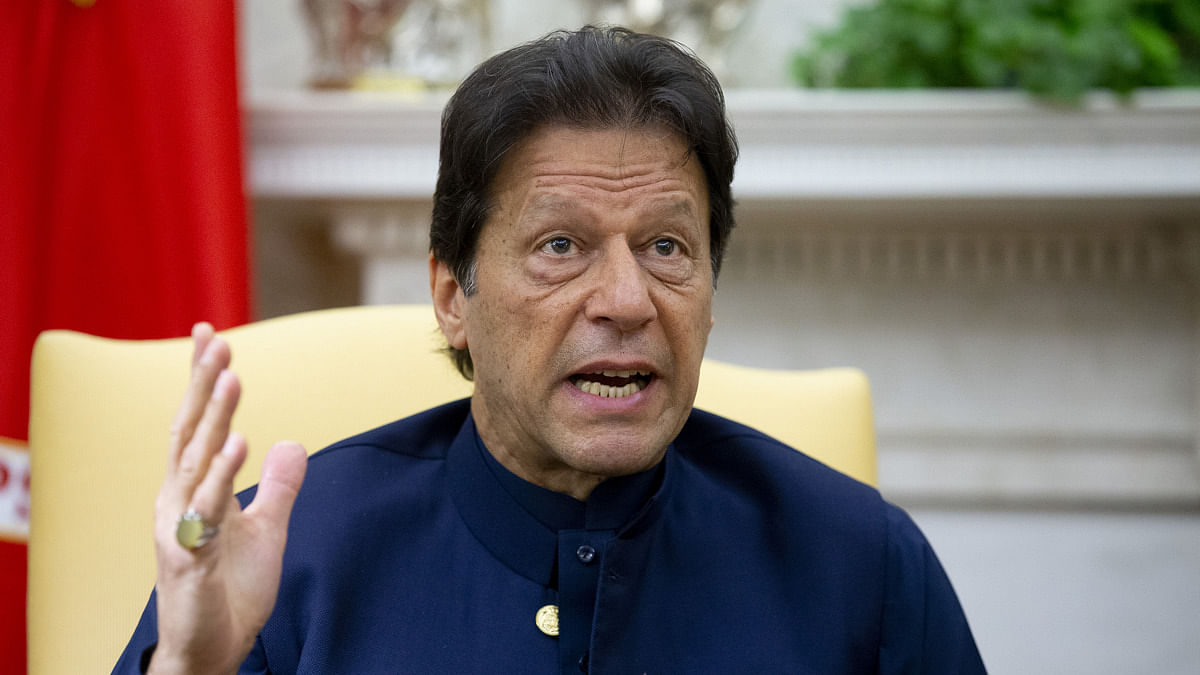
Imran Khan, Chairman of Pakistan Tehreek-e-Insaf, condemns the current Pakistani government for undermining democracy and suppressing dissent. He criticizes the government for using unconstitutional means to protect their power grab, including censoring the media and seizing control of the Supreme Court. Khan calls on his party and the Pakistani people to fight for their rights and freedoms, declaring his willingness to face consequences for resistance.
Imran Khan, the Chairman of Pakistan Tehreek-e-Insaf (PTI), has emerged as a vocal critic of the current Pakistani government led by Prime Minister Shehbaz Sharif. Khan has accused the government of undermining democracy, suppressing dissent, and pursuing a power grab.
Khan's criticism stems from the events surrounding the 2022 vote of no confidence against former Prime Minister Imran Khan, which led to his removal from office. Khan and his supporters have alleged that the vote was unconstitutional and that the government used illegal means to seize control.
In response, Khan launched a series of protests and rallies across Pakistan, demanding fresh elections. The government has responded by using force to disperse protesters and censoring media outlets that have been critical of them.
Khan has condemned the government's actions, accusing them of:
Khan has urged his supporters and the Pakistani people to fight for their rights and freedoms. He has declared his willingness to face consequences for resisting the government's authoritarianism.
Khan's position has drawn support from some quarters, particularly among those who share his concerns about the erosion of democratic institutions in Pakistan. However, he has also faced criticism from those who accuse him of inciting violence and undermining stability.
1. What is the main reason for Imran Khan's conflict with the Pakistani government?
Khan and his supporters allege that the government used unconstitutional means to remove him from office and that it is now suppressing dissent and undermining democratic institutions.
2. How has the government responded to Khan's protests?
The government has used force to disperse protesters and censored media outlets that have been critical of them.
3. What does Khan want to achieve through his protests?
Khan is demanding fresh elections and the restoration of democratic norms in Pakistan.
4. Are there any potential consequences of Khan's resistance?
Khan and his supporters could face legal and political consequences for their actions.
5. What is the current state of the conflict between Khan and the government?
The conflict remains ongoing, with both sides intensifying their rhetoric and refusing to make concessions.
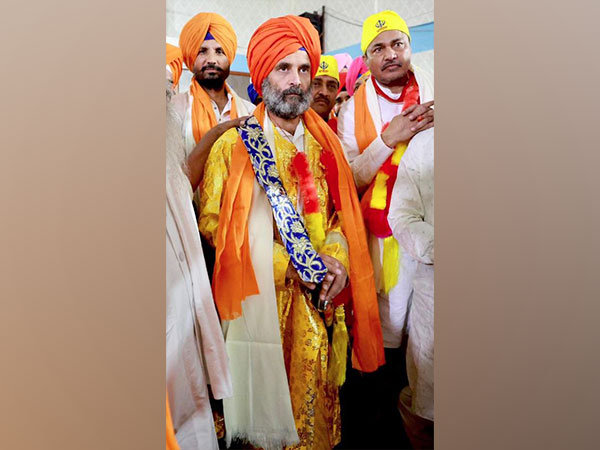
As India prepares to celebrate Guru Nanak Jayanti, a bank holiday has been announced in various states in honor of the birth anniversary of Guru Nanak, the founder of Sikhism. Congress Leader Rahul Gandhi also took to social media to pay his respects and share his thoughts on the significance of Guru Nanak's teachings of unity and service. He also wished everyone a happy Guru Purnima, commemorating the day with a traditional greeting and message of goodwill.

The Central Selection Board of Constable (CSBC) has released the results for Bihar Police Constable recruitment exam, which was conducted on various dates in August across the state. The Board initially scheduled the exam for October 2023 but had to cancel it after the first day due to issues. A total of 21391 constable positions will be filled through this recruitment drive.

Tulsi Gabbard, a former US Army member and trained in martial arts, has been appointed as the Director of National Intelligence (DNI) by President-elect Donald Trump. A video of her firing guns and pistols and going through a military training course has surfaced, impressing netizens with her skills and determination. Some even believe she has what it takes to become the first female US president.
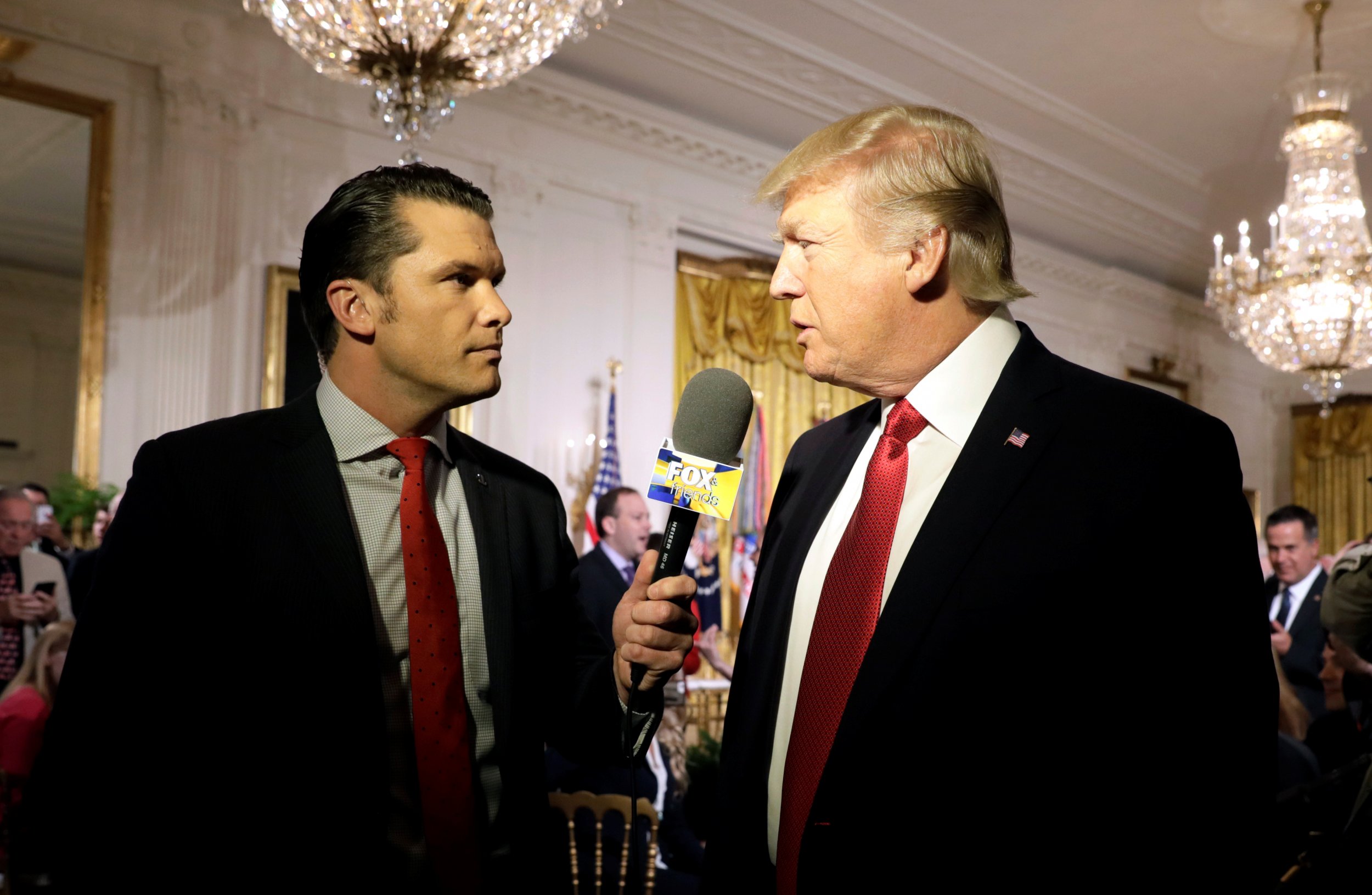
President-elect Trump has chosen Fox News host Pete Hegseth as his nominee for U.S. Secretary of Defense. The controversial pick deviates from the traditional mold for government service as Hegseth lacks senior military or national security experience. While he is best known for his eight years as a commentator and host on Fox News, Hegseth also has a background as an Army Combat Veteran and has led veteran's advocacy groups.
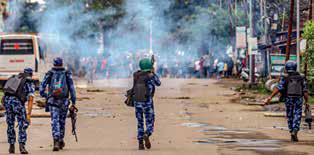
The Ministry of Home Affairs has extended the "Disturbed Areas" status to the jurisdictions of six police stations in Manipur's valley region, following recent incidents of violence. This move comes after months of ethnic conflict in the state, with the MHA citing ongoing sporadic violence in certain areas. While the AFSPA grants armed forces personnel the authority to use force against individuals violating the law, it also requires Central Government approval for prosecution, raising concerns about potential misuse of power.
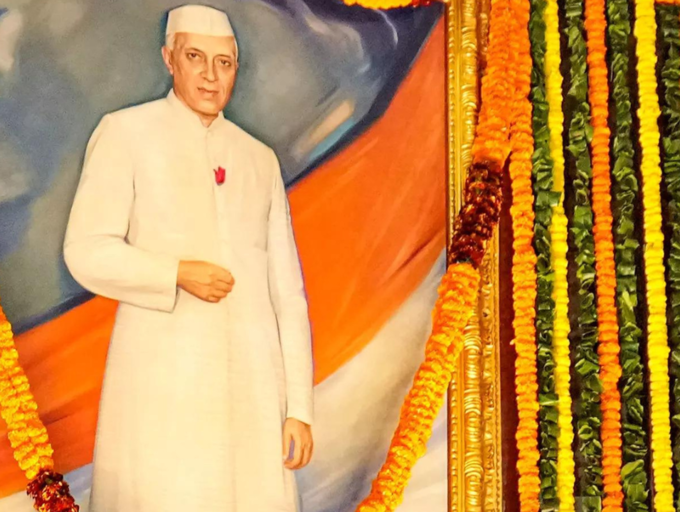
On the birth anniversary of India's first Prime Minister Jawaharlal Nehru, political leaders across the country paid their respects and remembered his contributions to the nation. Prime Minister Narendra Modi, Leader of Opposition Gandhi, and Congress President Kharge all shared heartfelt messages honoring Nehru's values and ideals, which continue to guide India towards progress and inclusivity. Congress leader Priyanka Gandhi Vadra also highlighted Nehru's unwavering commitment to fearlessness and selfless service in nation-building and urged the public to not be swayed by those who spread fear.
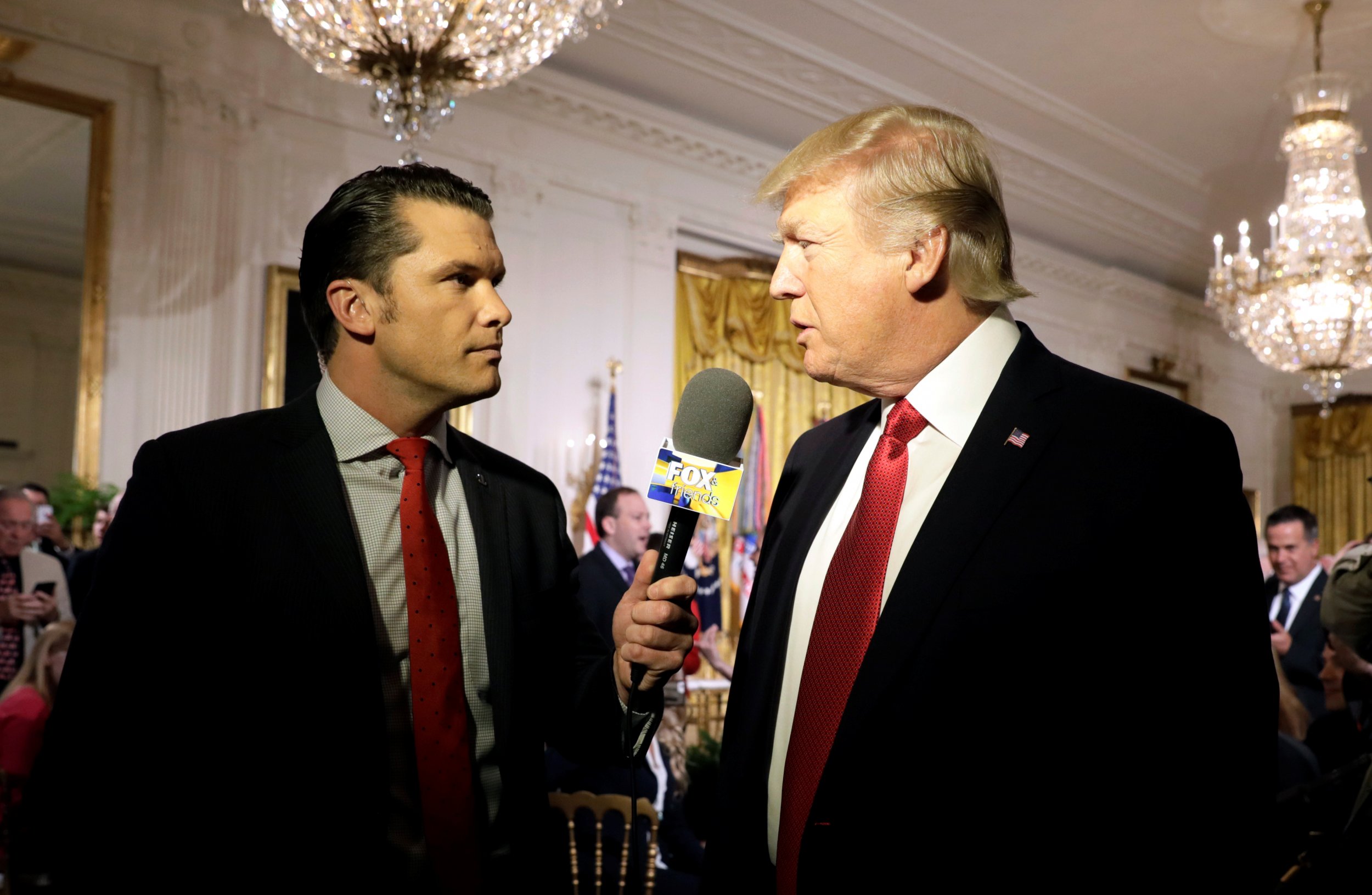
President-elect Donald Trump has chosen Fox News host and former army veteran Pete Hegseth as his nominee for the Defense Secretary role. Critics are raising concerns about his lack of experience and right-wing views, while supporters applaud him for his strong advocacy for military members and pardons for U.S. military service members facing war crime charges. Despite some surprise and hesitancy from Republican senators, former Rep. Jason Chaffetz believes Hegseth's nomination will easily be confirmed.
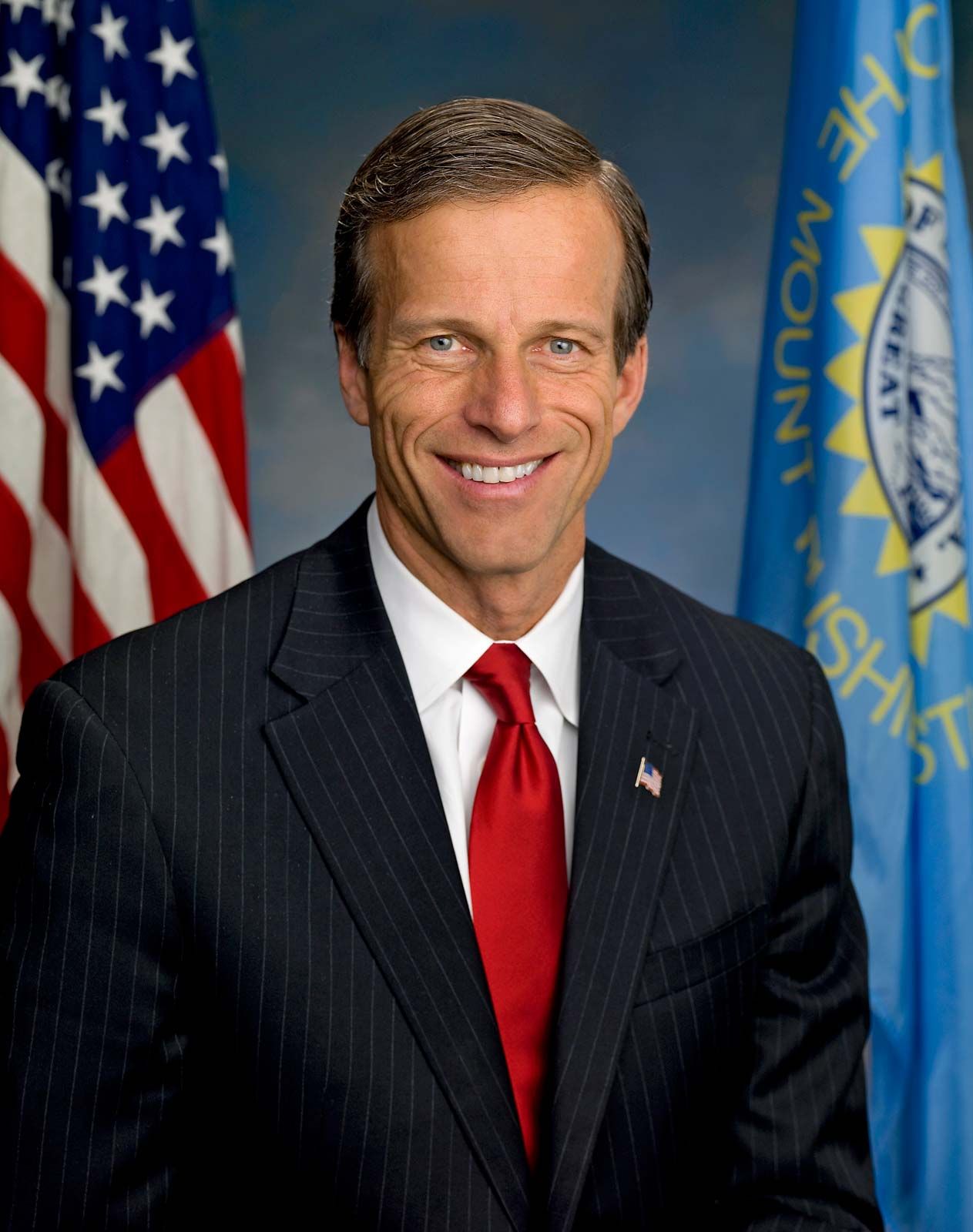
Senator John Thune of South Dakota has been elected as the new majority leader for Senate Republicans, replacing Mitch McConnell. Thune, who has promised to collaborate closely with President-elect Donald Trump, won the internal election against competitors John Cornyn and Rick Scott. As the GOP prepares to take majority control of the Senate, Thune will have the challenging task of managing a divided conference, navigating Trump's demands, and securing policy wins for the new administration.
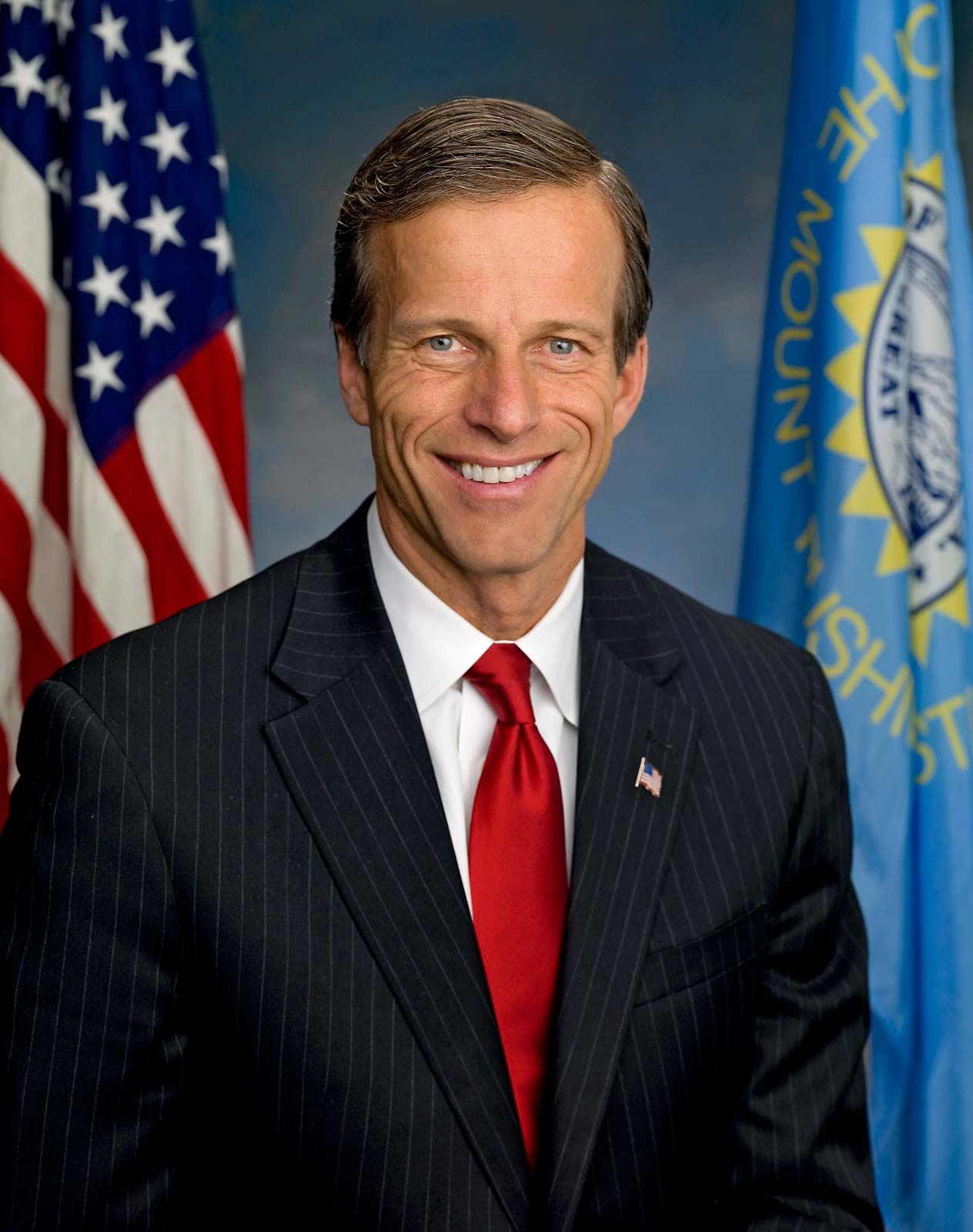
In a momentous shift of power within the GOP, South Dakota Senator John Thune has been elected as the next Senate majority leader, replacing Mitch McConnell. Thune promised to work closely with President-elect Donald Trump, despite their past differences, and will play a crucial role in enacting Trump's policy agenda. By securing the majority support of Republican senators in two rounds of secret ballots, Thune emerged victorious over competitors John Cornyn and Rick Scott. As the first competitive election for Senate leader in three decades, Thune's victory represents a new era in the GOP and a test of his leadership abilities.
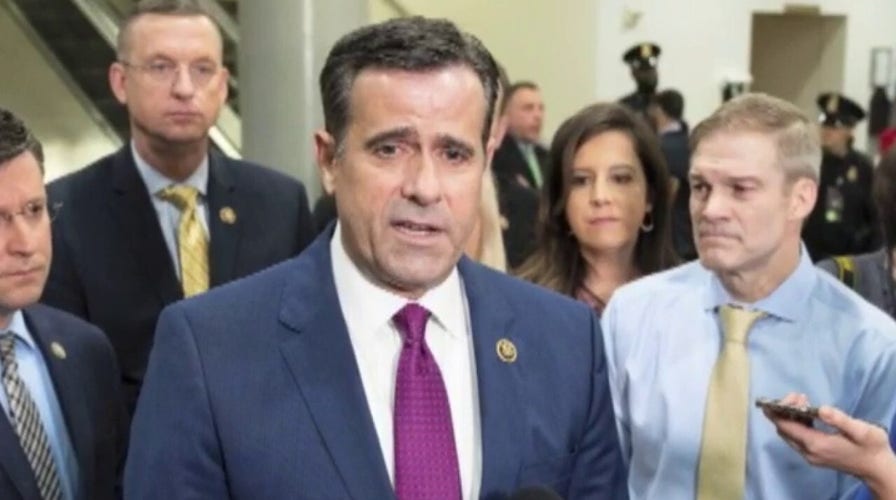
In a surprise move, US President-elect Donald Trump has chosen John Ratcliffe, former director of National Intelligence and close ally, as the director of the Central Intelligence Agency (CIA). Amid speculation that an Indian-origin candidate may be picked, Ratcliffe's selection is seen as a more traditional choice due to his experience in counteracting foreign interference in American politics. Trump has praised Ratcliffe for his honesty and commitment to national security, and announced him as the first person to serve in both the top intelligence roles in the country.